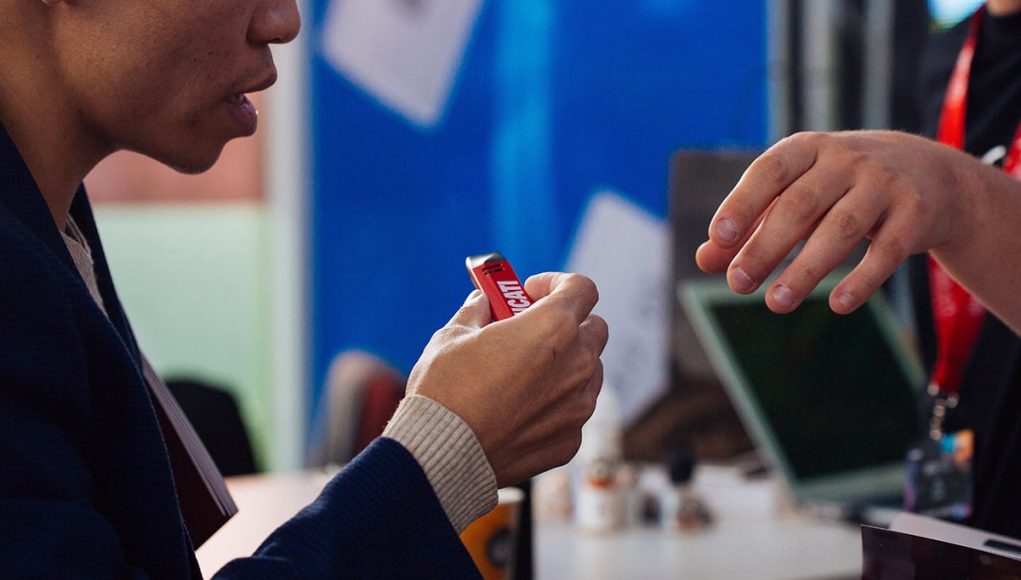The WHO has been overtly against vaping products. Infact last September, two leaked papers from the WHO’s Eastern Mediterranean Regional Office (EMRO), had suggested that the organization was striving to have vaping products regulated in the same way their combustible counterparts.
Meanwhile, WHO representative Dr. Ranti Fayokun, a scientist in the National Capacity-Tobacco Control Prevention of Noncommunicable Diseases, has acknowledged the relative safety of the products, during a hearing on vaping regulation conducted by the House of Representatives in the Philippines.
The vape ban
On the other hand, Philippines President Rodrigo Duterte, has announced a ban on the use and import of e-cigarettes, saying that anyone caught using the products will be arrested. Duterte 74, once a heavy smoker himself who suffered health consequences because of his habit, rightfully holds a very harsh stance towards cigarettes.
Unfortunately, he holds the same stance against vaping products, failing to understand that the devices are excellent smoking cessation and harm reduction tools. “This vaping, they say it is electronic. Don’t give me that s***. Better stop it, I will order your arrest if you do it in a room… That is like smoking. You contaminate people,” he said.
Bans don’t work, sensible regulations do
Meanwhile, in the aforementioned congressional hearing, Dr. Andrew da Roza, an addictions psychotherapist and lawyer pointed out how a ban would be counterproductive. “They [WHO] are saying if you are a country that cannot produce regulation and cannot enforce regulation, you must ban. That, to me, is a contradiction. A country cannot regulate perfectly, but the last thing it should do is ban because the blackmarket will proliferate. This is an issue that is extremely important to children. If we ban things, if we do not regulate things, we create a blackmarket that does not care about children, that does not care about elderly people, that does not care about us at all.”
Read Further: BM













